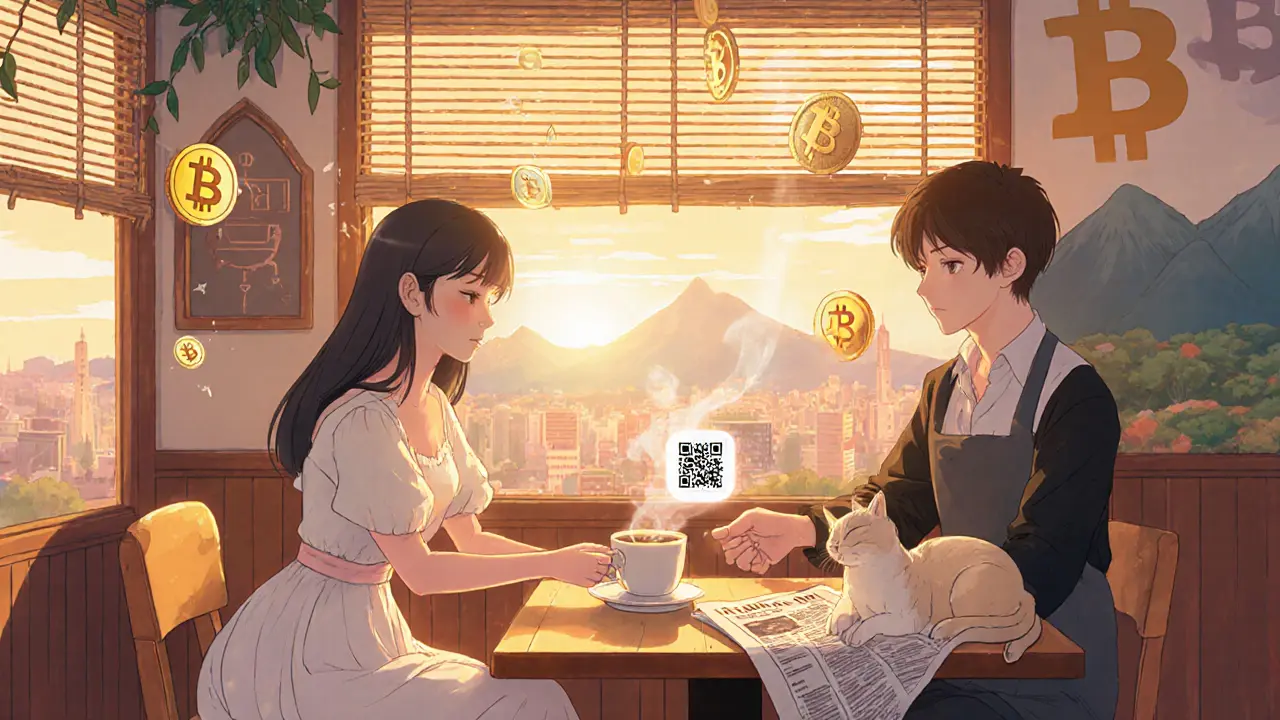Crypto Without Regulations: Risks, Real-World Cases, and What It Really Means
When people talk about crypto without regulations, a financial system that operates outside government oversight and traditional banking rules. Also known as unregulated crypto, it promises freedom, privacy, and control—but in practice, it often means chaos, theft, and exploitation. No rules don’t mean no consequences. They mean someone else—hackers, criminals, or shady operators—gets to set the rules instead.
Look at the Lazarus Group, a North Korean state-backed hacking team that has stolen over $2 billion in cryptocurrency since 2017. They don’t break into banks. They break into crypto exchanges with fake login pages and social engineering. Why? Because in crypto without regulations, there’s no central authority to freeze accounts, trace transactions, or demand accountability. When Bybit lost $1.5 billion in 2025, there was no FDIC to step in. No police force with jurisdiction. Just empty wallets and silent servers.
It’s not just about theft. It’s about survival. In Afghanistan, the Taliban crypto ban, a religious decree calling Bitcoin haram under Sharia law didn’t stop people from using it. With banks collapsed and inflation soaring, families turned to crypto to send money across borders. Women, banned from working, used crypto to earn income. Regulation didn’t protect them—it tried to silence them. Meanwhile, in Germany, Operation Final Exchange, a crackdown on 47 no-KYC crypto exchanges showed how governments react when unregulated crypto fuels sanctions evasion. They didn’t ban crypto. They raided the exchanges. The system didn’t collapse. It just got harder to use.
And then there’s the quiet side: governance. Even in crypto without regulations, communities still need rules to function. That’s why governance tokens, tokens that let holders vote on protocol changes exist. People don’t want anarchy—they want a fairer system than Wall Street. But without legal backing, those votes mean nothing if a team abandons the project or a token’s value crashes overnight. Look at VALIMARKET or Opium: dead tokens with no team, no users, and no one to hold accountable.
What you’ll find here isn’t theory. It’s real cases. The memecoins tied to political figures. The AI tokens sold as tools but built on hype. The airdrops that don’t exist. The NFT property deals stuck in legal gray zones. The yield farming schemes that vanish before you can cash out. This isn’t about whether crypto should be regulated. It’s about what happens when it isn’t—and who pays the price.
How Costa Ricans Use Crypto Without Regulations
Costa Ricans use crypto freely because there are no strict laws against it. From freelancers getting paid in Bitcoin to NFT artists selling globally, the lack of regulation has created a thriving digital economy - for now.
